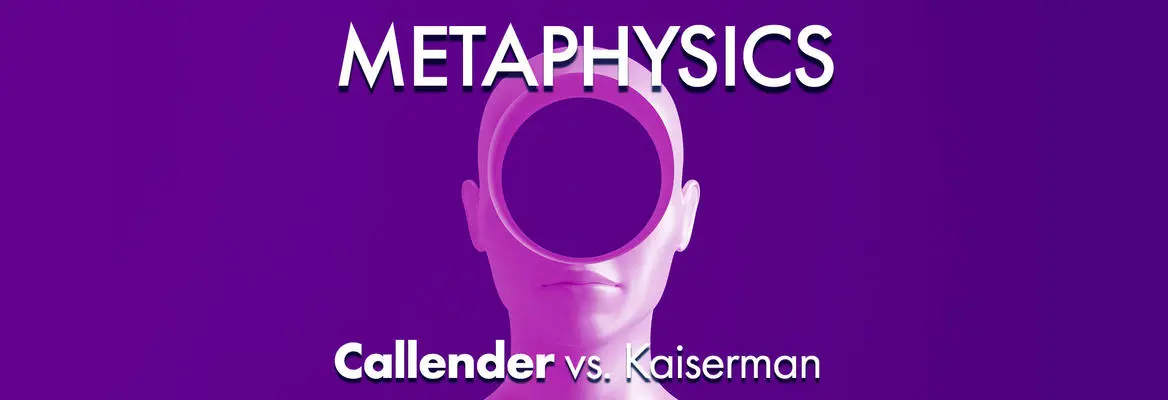Contemporary metaphysicians ask deep questions about the structure of reality but answer them with unreliable, untested intuitions. Although philosophers like Alexander Kaiserman argue that logical argument can tell us which intuitions are valid, to be useful to anyone, metaphysics must apply comprehensive models of the world and start asking questions that really matter writes Craig Callender.
To understand my concerns about the direction of analytic metaphysics, let’s begin with a little game. I’ll describe a simple scenario. You guess what will happen.

Image Attribution: Lily Callender
1. You’re in a car stopped at a red light. You hold a helium balloon. The light turns green and the car starts to accelerate forward. Release the balloon. In what direction does it go, if any?
2. Pierce a small hole in both the cap and bottom of an ordinary plastic water bottle filled with water. Drop the bottle. Water ceases to flow out while it falls. Refill and throw the bottle up in the air. What will happen?
3.Take two potatoes and attach them with an elastic. Hold them horizontally level under a bit of tension and drop them. The two potatoes hit the ground at the same time. Try again with the potatoes oriented almost vertically, still attached by the elastic. Release. Which potato hits the ground first, if any?
The answers are at the end of this article. Take a peek and see how you did.
Good physical intuitions are ones that are in harmony with good theory. My point is that some areas of metaphysics lack this.
Suppose that we had to build our theory of the universe on these and other hunches. Furthermore, imagine that we are not allowed to do the above experiments nor appeal to good theory predicting and explaining what would happen. Too much of analytic metaphysics looks like what would result — elaborate towering systems based on flimsy foundations. Here I have in mind what Amanda Bryant calls “free range metaphysics”, metaphysics that floats essentially freely from science. As she says, what is good for chickens is not good for metaphysics.
My point is not against the use of intuition. In physics education there is a debate about its use. One side uses cases like the above to show that intuition can be trouble because it often misleads. Another school of thought that I favor (featured in Physics Education’s wonderful What Happens Next? series) uses examples like these to help students develop better physical intuitions.
What makes intuitions better or worse? Answer: good theory. Good physical intuitions are ones that are in harmony with good theory. My point is that some areas of metaphysics lack this.
They lack good theory and are stuck with a bunch of unmoored intuitions. We’ve just seen how counter-intuitive the world can be, even with familiar objects such as balloons, bottles and potatoes. If these intuitions are off-base even with good theory in the background, how can we expect them to be reliable in exotic metaphysical scenarios absent good theory? Our intuitions are historically conditioned and often misleading. To weed out the good from the bad we must appeal to comprehensive theory that seriously attempts to model the actual world.


















Join the conversation